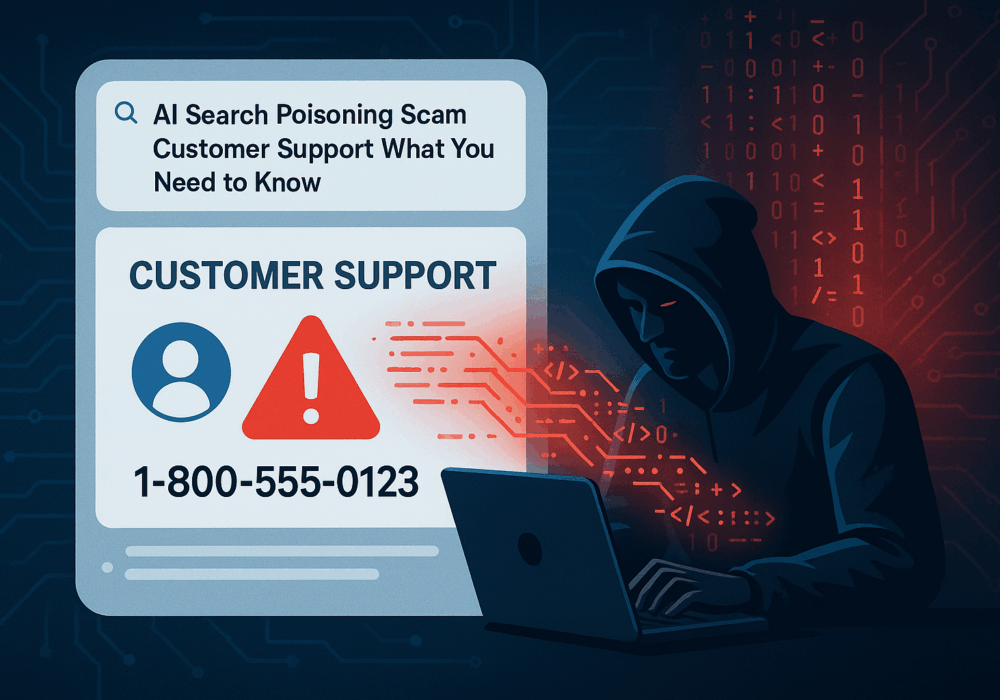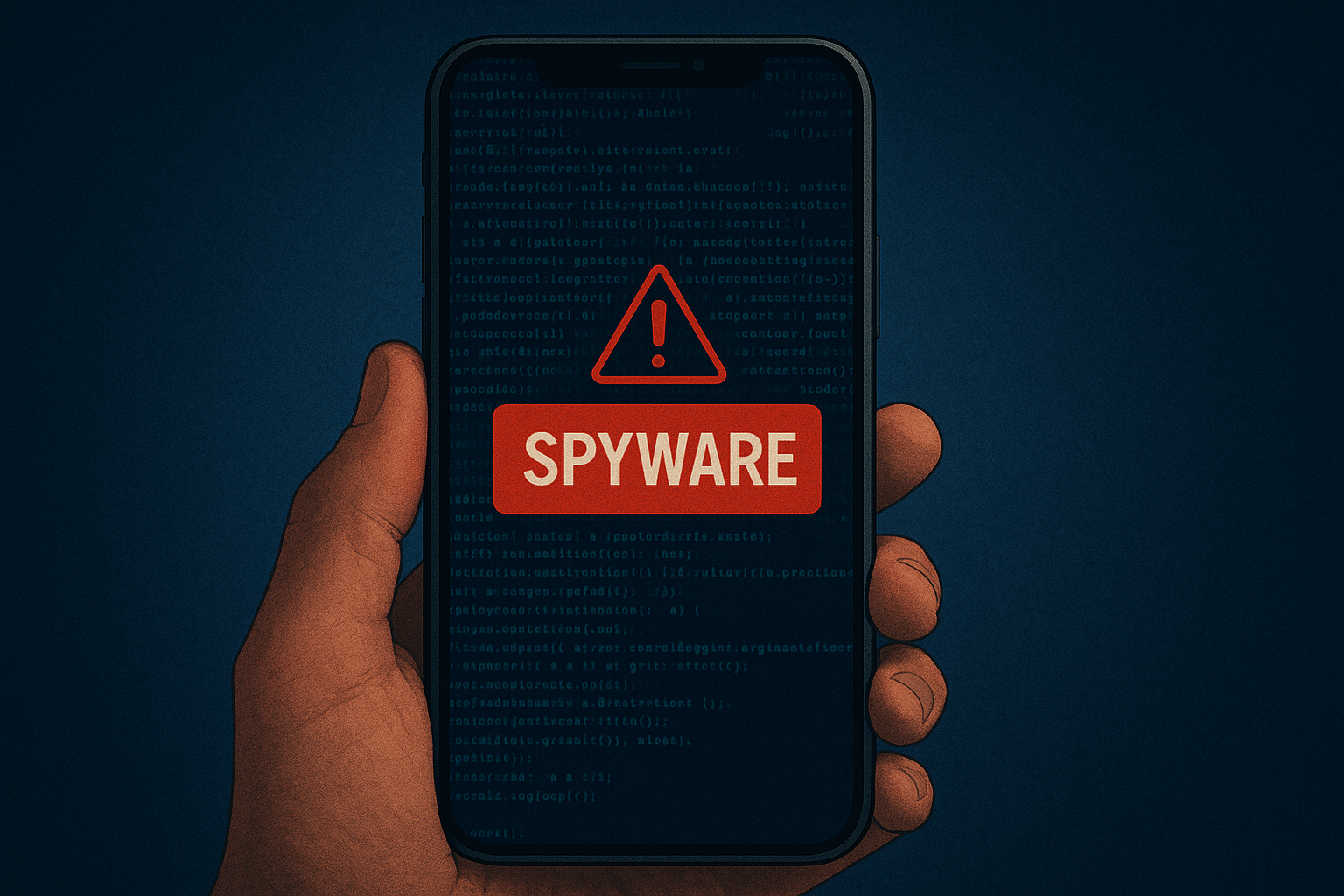The ILOVEYOU Virus, also known as, the Love Bug, is a computer worm that infected over 10 million Windows computers in May of 2000. The virus was an email that went out to users with the subject line “ILOVEYOU” and the attachment “Love Letter For You.txt.vbs”. This resulted in users thinking this was a normal and safe file to open, however, they were sadly mistaken. When opened, the file would run a script that damages the local system it was running on and spread to other users by sending itself to the user’s contacts within their devices.
In order to not fall victim to attacks like these and current threats,, you need to be doing these things to protect your sensitive information:
Most of these recommendations are built into CyberHoot. With CyberHoot you can govern, train, assess, and test your employees. Visit CyberHoot.com and sign up for our services today. At the very least continue to learn by enrolling in our monthly Cybersecurity newsletters to stay on top of current cybersecurity updates.
Source: Symantec
Discover and share the latest cybersecurity trends, tips and best practices – alongside new threats to watch out for.

Cybercriminals always follow Internet eyeballs. Not literally, but figuratively. And today's eyeballs are...
Read more
Active Attacks on Messaging Apps The Cybersecurity and Infrastructure Security Agency (CISA) recently issued...
Read more
The world of work has changed enormously since COVID-19. Gone are the days when IT admins sat behind a corporate...
Read moreGet sharper eyes on human risks, with the positive approach that beats traditional phish testing.
